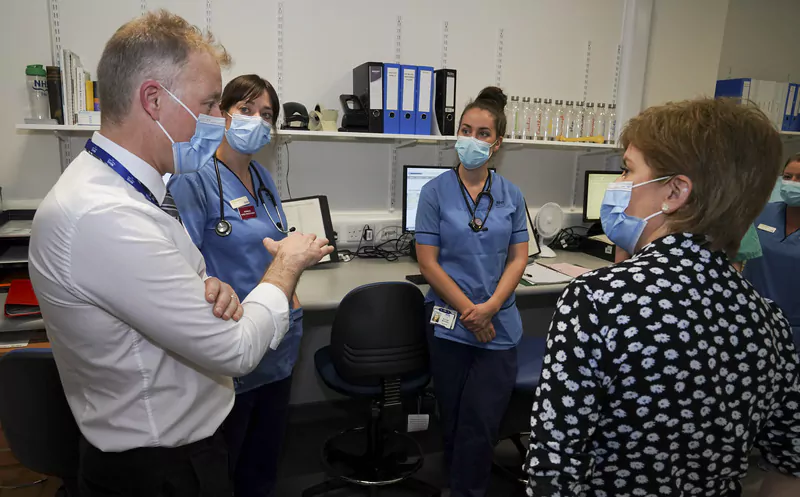
Image Source: flickr.com
Introduction
Rehabilitation centers in Cape Town, South Africa, play a crucial role in helping individuals overcome various mental health and addiction challenges. Among the many therapeutic approaches utilized, Dialectical Behavior Therapy (DBT) has emerged as a powerful tool in the treatment process. This article explores how DBT therapy helps individuals on their path to recovery, highlighting its significance in rehab centers in Cape Town, South Africa.
Understanding DBT Therapy
Dialectical Behavior Therapy (DBT) is an evidence-based psychotherapy approach that combines elements of cognitive-behavioral therapy with strategies from mindfulness practices. Developed by Dr. Marsha M. Linehan, DBT was initially designed to treat individuals with borderline personality disorder (BPD). However, its effectiveness has been recognized in addressing a wide range of mental health conditions and addictive behaviors.
DBT in the Treatment Process
- Developing Coping Skills: DBT focuses on teaching individuals effective coping skills to manage distressing emotions, handle relationship conflicts, and regulate impulsive behaviors. Rehab centers in Cape Town integrate DBT techniques to equip individuals with the necessary tools to navigate challenges encountered during their recovery journey.
- Emotion Regulation: Many individuals seeking rehab in Cape Town struggle with emotional dysregulation, which can lead to impulsive actions and hinder their progress. DBT helps patients identify and understand their emotions while providing practical strategies to regulate and express them in healthier ways.
- Mindfulness Practices: DBT places significant emphasis on mindfulness, promoting present-moment awareness and acceptance of thoughts and emotions without judgment. This practice enhances self-awareness and allows individuals to develop a non-reactive stance toward their experiences, reducing impulsive behaviors and improving overall well-being.
- Effective Communication: Communication is key in building healthy relationships. DBT teaches individuals the skills necessary for effective communication, such as active listening, assertiveness, and setting boundaries. These skills are vital during the treatment process, as individuals learn to express their needs, concerns, and emotions in a constructive manner.
DBT in Rehab Centers in Cape Town, South Africa
Rehabilitation centers in Cape Town have recognized the significance of DBT in the treatment process. These centers provide a safe and supportive environment for individuals to engage in DBT therapy, offering structured group sessions, individual therapy, and skills training.
DBT in rehab centers focuses on addressing the unique challenges faced by individuals seeking recovery. It helps individuals gain insight into their destructive patterns, develop self-compassion, and foster resilience. By incorporating DBT into the treatment process, rehab centers in Cape Town empower individuals to transform their lives and build a foundation for lasting recovery.
https://rehabhelper.co.uk/alcohol-drug-addiction-in-london/
https://rehabhelper.nl/afkickkliniek-in-amsterdam/
Conclusion
Dialectical Behavior Therapy (DBT) has become an integral part of the treatment process in rehab centers in Cape Town, South Africa. Its comprehensive approach, combining coping skills, emotion regulation, mindfulness practices, and effective communication, has proven effective in supporting individuals on their journey to recovery. By incorporating DBT techniques, rehab centers in Cape Town empower individuals to address the underlying issues contributing to their mental health conditions or addictive behaviors. DBT therapy, alongside other evidence-based treatments, plays a vital role in helping individuals achieve lasting recovery and improved well-being in the vibrant city of Cape Town, South Africa.







